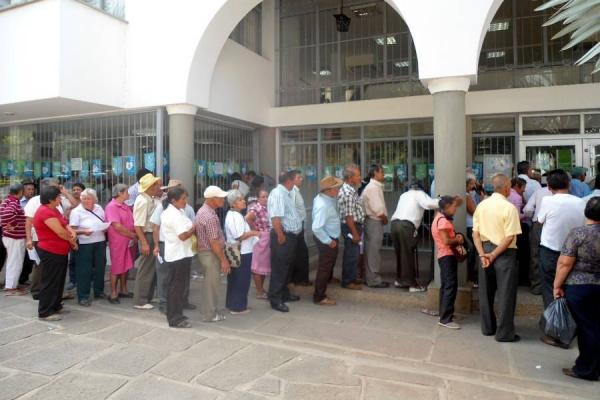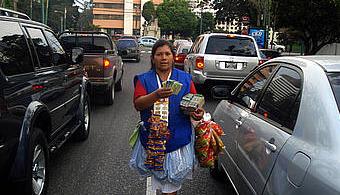During the last ten years, Colombia has improved greatly in many different aspects. Its economy and development have flourished and the country has become increasingly attractive to international investors. Nonetheless, the present government of President Juan Manuel Santo, still faces many internal issues which affect the social protection system of its citizens. Colombia’s social protection system has mainly focused on those who cannot afford to pay. During the 90s, Colombia adopted a new constitution that emphasized social programs and spending for the poor. The famous Law 100 of 1993 aimed at achieving universal health insurance coverage through the creation of two regimes: a Contribute Regime (CR) and a Subsidized Regime (SR)
This law promised a better quality of life for those who could not afford to buy and pay for insurance premiums. However, during the following 20 years, the SR became very expensive for the government. Currently, the government faces a deficit due to the fact that more people have joined the SR. Keeping in mind the present situation, I estimate that during the next five years, if the government does not change or modify Law 100, the social protection system will fully depend on the public budget which will affect the labour and the health care systems.

The government’s initiatives to increase employers demand for new employees has not worked as planned and, as a result, an increasing number of unemployed and laid off individuals have been forced to participate in informal employment. This type of work is particularly attractive to employers as it offers no health benefits or retirement projections for employees. It is, therefore, not surprising that the number of informal jobs continues to increase. If this situation is not addressed now, in the next years the labour market will reduce permanent positions or contracts and it will have to increase the public budget to cover health care and retirement benefits that are not being covered by employers.
The increase in informal labour, also has a negative impact on the health care system. When Law 100 was created, it established that 70 percent of employment would be formal which would economically support the health, pension and others systems (CR). The remaining 30 percent of the population (thought to be the most vulnerable) would benefit from SR. According to J. Mejia, during the last 20 years, there has been a decrease to approximately 40 percent of formal employment and therefore more demand for SR. This augmentation of the SR regime does not mean free universal health care system to the population because, as opposed to other countries, the SR does not include maternity leave, retirement, death benefits, or unemployment insurance. The government plan only offers basic health care and the CR is the system that offers the rest of the benefits. Thus, if during the next few years, the government does not create incentives to increase formal labour, more people will continue to enter the SR regime creating an increase in uncovered population.
To conclude, Colombia’s government appears to be concerned with its social protection system and has lately been working to improve it. Still, there are many laws that need to be re-addressed, so that problems such as the increasing demand for SR can be controlled. In addition, the government needs to work even harder to increase the demand for formal jobs so employees can partake in in employment benefits and not depend solely on the basic health care system, SR. If the demand for SR is reduced during the next five years, the public budget could be employed for the betterment of retirement plans, education or other public benefits.




